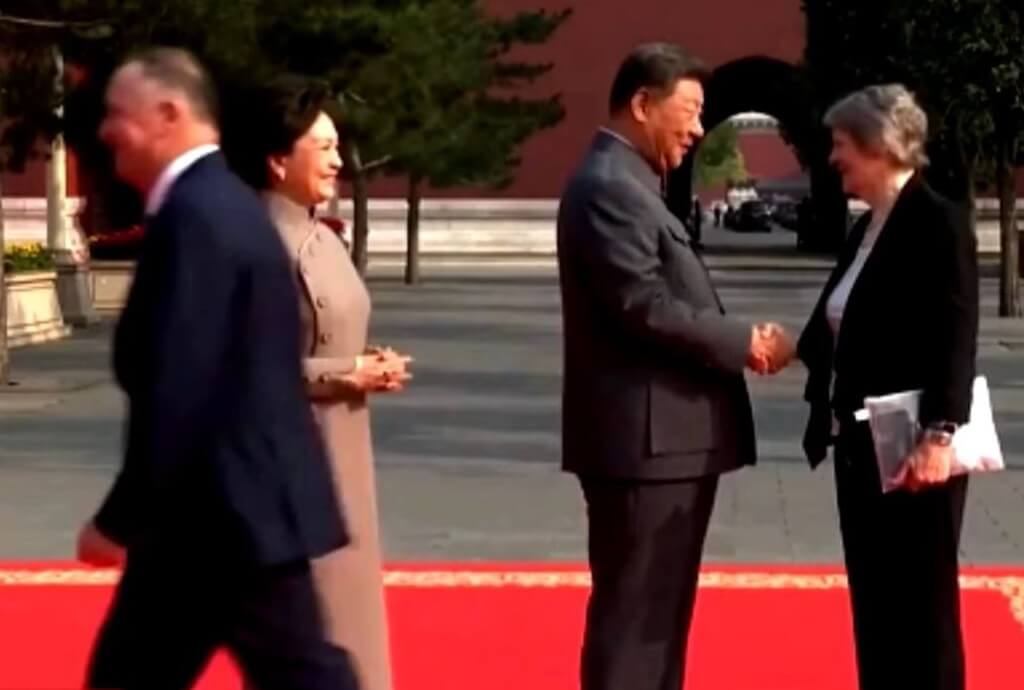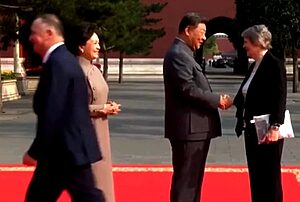In brief
- In The Great Divide, Ian Wishart argues Māori signatories ceded sovereignty, contrary to contemporary views.
- Wishart argues that ‘mana’ didn’t mean sovereignty and wasn’t something Māori could give away.
- He states that modern politically driven misinterpretations of tino rangatiratanga and taonga are ‘warmer and fluffier’ than originally understood.
- However, Wishart calls for historical accuracy on both sides, citing the controversial recognition of Māori forests and fisheries by the British at the 1860 Kohimarama conference.
Wishart challenges the status quo of Treaty interpretations
In investigative journalist Ian Wishart’s 2012 book The Great Divide, the chapter “The Tino Rangatiratanga Question” hones in on the interpretation of terms central to the Treaty of Waitangi like tino rangatiratanga and taonga.
He argues that linguistic and historical evidence suggests Māori signatories understood they were ceding sovereignty to the Crown, countering the contemporary view that they only gave up limited governorship.
According to Wishart, current interpretations are shaped by political motivations rather than historical facts.
Challenging Michael King’s interpretation of mana
Wishart critiques historian Michael King’s claim that Māori chiefs equated sovereignty to ‘mana’ while surrendering only limited governorship (kawanatanga). Without an explicit mention of mana in Article 1, the chiefs would not have known sovereignty was being ceded, according to King.
However, Wishart argues that this view misinterprets the cultural context of mana, stating, “Your mana might be dented by events, but it was not a commodity you could ‘give’ away, any more than you could give away your shadow.”
Wishart rubbishes King’s claim that mana was the term for sovereignty in the 1835 Declaration of Independence. He explains:
“The precise phrase in the Declaration was ‘Ko te kingitanga ko te mana i te wenua’, and – as you might have guessed – ‘kingitanga’ was the sovereignty bit and ‘mana’ meant authority, in the sense of having the authority of kings over the land (whenua).”
Wishart argues that Māori understood they were ceding sovereignty to an external entity with higher mana to bring an end to intertribal conflicts and for peace and protection under British law.
“They understood the Crown’s Code of Laws to be far superior to their own, and that’s one of the advantages and ‘benefits’ … that they expected the Treaty to bring them,” he writes. It was a deliberate abandonment of ‘tikanga’ (customary law).
Debating kawanatanga and tino rangatiratanga
Kawanatanga, or governorship, mentioned in Article 1, had no equivalent in Māori society. However, Wishart argues that chiefs who had travelled and interacted with British governors abroad understood the mana of that role. He suggests Māori invited British sovereignty because their political structures could not unify the tribes under one leader.
Wishart also challenges the modern reinterpretation of tino rangatiratanga, originally translated as “chieftainship” in Article 2 but now often read as “sovereignty.” He contends that this shift is politically driven and does not align with the historical Māori understanding, where rangatira were more like local leaders, not paramount chiefs.
The evolving definition of taonga
Similarly, Wishart argues that modern academics have developed a much “fluffier and warmer” interpretation of the term taonga (treasures), which include concepts like intellectual property and radio frequencies.
“Amazing, really, how a word that once simply meant ‘property procured by spear’ is now an esoteric mystical word worthy of a Hindu guru and meaning whatever its 21st century translators want it to mean,” he writes.
Historical accuracy applies to all sides
Notably, Wishart’s analysis is not one sided: “For those who take issue, for example, with the ‘forests and fisheries’ aspect of the Treaty, on the grounds that the words don’t appear in the Maori version, here’s the bad news: Governor Gore Browne read them into the record at Kohimarama, as you can see in his clauses listed earlier. This issue of attention to historical detail applies to goose and gander alike.”



















